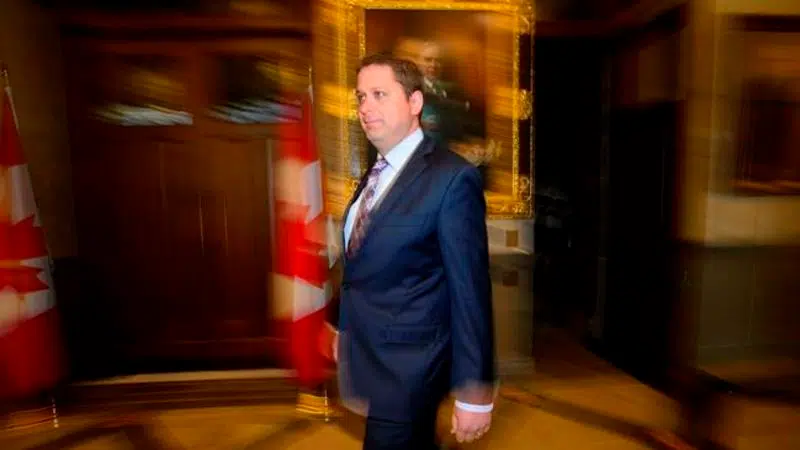
Canada’s treatment of Indigenous women not a ‘genocide’, Scheer says
OTTAWA — “Genocide” isn’t the right word to describe what’s been done to generations of Indigenous women and girls in Canada, Conservative Leader Andrew Scheer said Monday.
Last week, the federal inquiry into missing and murdered Indigenous women and girls released its final report. The report included a lengthy argument for why Canada’s “series of actions and omissions” allowed Indigenous women to be targeted in ways that add up to an ongoing genocide.
The inquiry noted that under international law, a genocide doesn’t need a single directing mind, or to be an organized campaign of violence.
